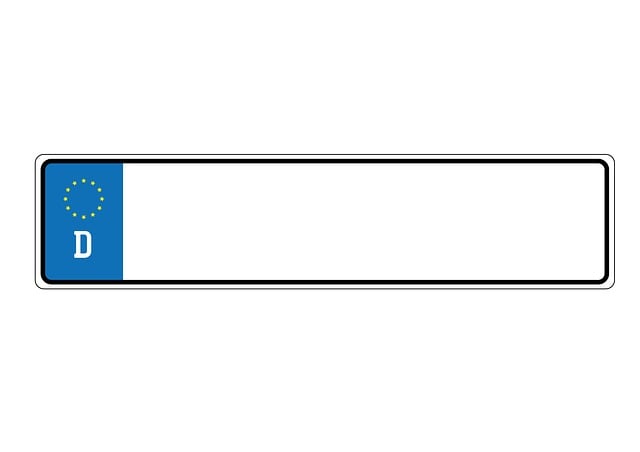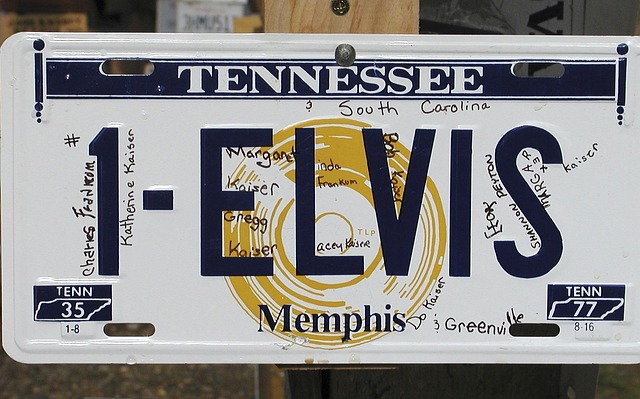Anonymous vehicle registration allows drivers to protect personal information and VINs through specialized obscurers, staying within legal limits. The Select License Plate Privacy framework varies globally, balancing public safety and privacy. Obscuring plate numbers while allowing law enforcement identification during investigations is permitted. This method enhances security, protecting against identity theft in an increasingly digital world. However, implementing such registration requires careful consideration of costs, regulations, and public acceptance to maintain law enforcement capabilities without compromising privacy.
“Unveiling the concept of anonymous vehicle registration, this article explores a unique approach to automotive privacy. ‘Select License Plate Privacy’ offers a deeper understanding of how individuals can maintain their anonymity while owning and operating vehicles. We delve into the legal frameworks surrounding this practice, weighing the benefits of enhanced security and privacy against potential challenges. By examining real-world implementations, we provide insights for those considering this innovative method to protect their identity on the roads.”
- Understanding Anonymous Vehicle Registration
- Legal Framework and Privacy Rights
- Benefits: Enhanced Security & Anonymity
- Challenges and Considerations for Implementation
Understanding Anonymous Vehicle Registration

Anonymous vehicle registration, also known as license plate privacy, is a service that allows vehicle owners to conceal their personal information and car identification numbers (VIN) from public view. This practice has gained popularity among individuals seeking to protect their privacy and security. By selecting license plate obscurers or custom designs, drivers can make their license plates less readable, ensuring their personal details remain hidden.
Understanding the process of anonymous registration involves knowing how to make license plates anonymous without compromising legal requirements. It’s important to note that while concealing car identification numbers is crucial for privacy, it must adhere to local laws and regulations. By using specialized obscurers or strategically designed covers, vehicle owners can maintain their right to privacy while ensuring their cars remain legally identifiable.
Legal Framework and Privacy Rights

The legal framework surrounding anonymous vehicle registration varies across jurisdictions, but the underlying principle often revolves around balancing public safety and individual privacy rights. In many countries, vehicle owners are required to display clearly readable license plates as a fundamental aspect of road regulation. However, some individuals seek to preserve their anonymity by exploring options for registered vehicles with unrecognizable car number plates or employing vehicle registration privacy screens. This desire for discretion is rooted in concerns about personal safety, privacy protection, and the prevention of identity theft.
Select License Plate Privacy laws permit owners to obscure their plate numbers while still allowing law enforcement agencies to identify vehicles during investigations. The implementation of these provisions involves a delicate balance, as obstructing the view of a vehicle’s plate can hinder emergency responders’ ability to track down owners quickly. Therefore, regulations often dictate specific types of privacy screens or covers that comply with legal requirements, ensuring both privacy and accountability.
Benefits: Enhanced Security & Anonymity

One of the primary benefits of anonymous vehicle registration is the enhanced security and anonymity it offers. By selecting license plate privacy options, such as car plate obscuration kits, individuals can ensure their personal information remains untraceable on their vehicle tags. This not only protects against potential identity theft but also provides a layer of security while driving.
The use of unrecognizable car number plates or untraceable vehicle tags allows drivers to maintain a level of discretion, making it more difficult for third parties to identify and track them based on their vehicle’s registration details. This feature is particularly appealing to those who prioritize their privacy in an increasingly digital world where data collection and surveillance are prevalent concerns.
Challenges and Considerations for Implementation

Implementing anonymous vehicle registration comes with several challenges and considerations. One of the primary concerns is balancing public safety and privacy. While allowing for non-identifiable vehicle plates or private vehicle registration shields can enhance anonymity, it also raises issues regarding law enforcement’s ability to identify and apprehend criminals using traditional methods like license plate recognition.
Additionally, ensuring the integrity and security of such a system is crucial. The use of advanced technologies like blockchain could help in verifying registrations while maintaining privacy by hiding car make and model details. However, implementing these solutions requires careful consideration of costs, regulatory frameworks, and public acceptance to avoid creating a labyrinthine and challenging system for all stakeholders.
Anonymous vehicle registration offers a unique solution for those seeking enhanced security and privacy. By exploring alternative license plate systems, such as anonymous registration, individuals can navigate the balance between public safety and personal freedom. While legal frameworks must adapt to accommodate these changes, the benefits of increased anonymity could revolutionize how we perceive vehicle identification in the future. Selecting license plate privacy options is a step towards a more secure and anonymous driving experience, ensuring individuals retain control over their personal information on the road.
